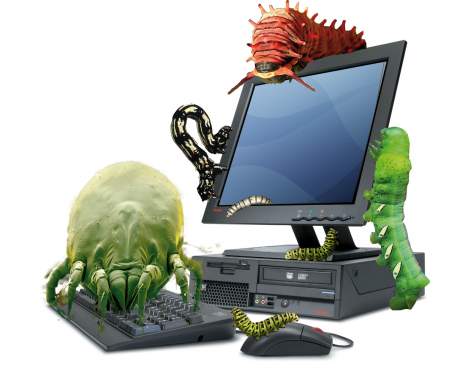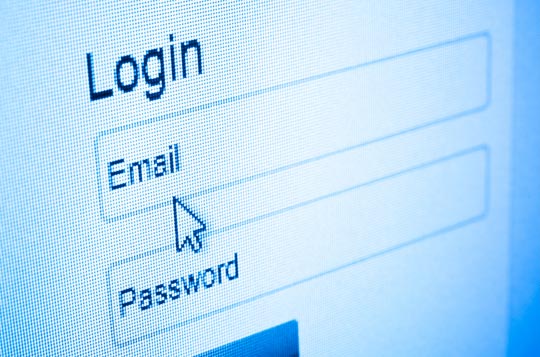A dedicated server can be extremely useful if you are trying to host a website with huge amount of visitors. You get a better control over your website management as well, something not possible in case of a normal web hosting provider. However, a dedicated server has numerous threats to deal with and in this article; I will try to cover two of the most dangerous threats for a dedicated server:
Malware
It can be single software or a huge range of software coded to create disruption in your server or to steal information from the same. A malware can be of different types such as worms, spyware, viruses or Trojans. Though the functionality of these varies, these generally try to copy some of the most sensitive information out of your dedicated server and the relevant databases as well.
Sometimes, these malwares come bundled with proper and legitimate software. In such situations, it is tough to identify the same. Here are a few tips that you should follow to keep your dedicated server safe of malware:
- Whatever apps you install in the server should be thoroughly scanned before usage. It’s better to download these apps on a home machine, scan those with a proper antivirus and if found safe, only then you should upload those on the server.
- The dedicated server provider should itself run vulnerability scanning on a regular basis.
- You should frequently check for any unexpected behavior in your website. You should also look out for the unusual advertisements and invisible frames. If you notice these, it’s time to get cautious.
Password Breach
Many dedicated server users don’t follow a robust password policy and thus, easily fall victim on the hands of the hackers. With help of software or manually, hackers can obtain the required password and get into your dedicated server.
So, how to implement a strong password and make it protected from a possible password breach:
- You should not use any words that are easily guessable or found in a dictionary. Rather, you should use letters of both upper and lower cases along with numbers to make it stronger.
- You should change your password on a regular basis (Possibly every 2 weeks). Make sure that the new password is not easily guessable for someone who knows the previous password.
- If possible, always login to your account using a SSL protected connection.
If you stay a bit cautious, it’s possible to keep your dedicated server protected from both malware and password breach. Understand that malware or password breach can easily cause a scar in your online reputation.


Leave a Reply